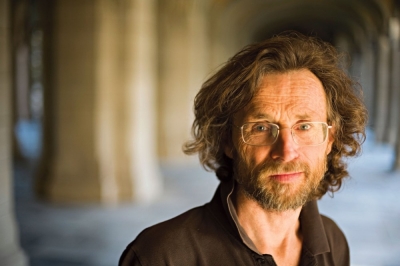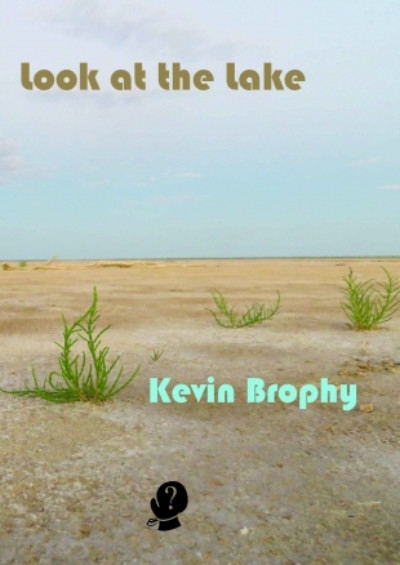Kevin Brophy
These three new poetry collections are works by established poets at the top of their game in terms of poetic craft and the honing of insights into both life and art. These are voices developed across a significant number of previous collections, allowing for an emergence of innovation, confidence, and ease of style and mood.
... (read more)Hours on each line, weeks on a stanza, months on the whole poem, but with long breaks between. Most poets spend most of their time not writing poetry, and it has to be this way.
... (read more)States of Poetry WA | State Editor Kevin Brophy introduces series two of the WA anthology
by Hidden Author •
In this episode of Australian Book Review's States of Poetry podcast, State Editor Kevin Brophy introduces the second series of ABR's Western Australian States of Poetry anthology.



